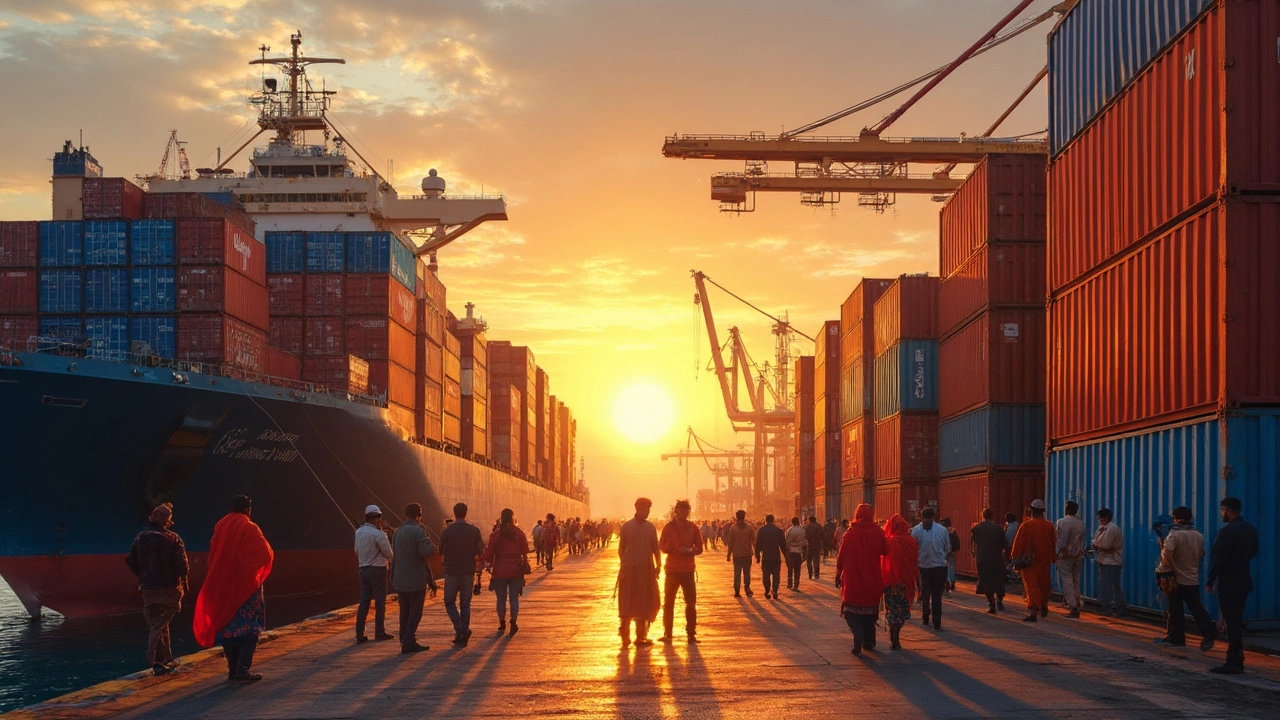Payment Responsibilities in Bike Transport – Who Pays What?
When you ship a motorcycle in Chennai, the first thing that pops up is “who pays for what?” It’s easy to get caught off guard by hidden fees or unclear contracts. Below we walk through the typical cost breakdown, the roles of the shipper, the carrier, and the receiver, and some tips to keep the bill clean.
What the Shipper Usually Covers
The shipper is the person who books the service. In most cases they handle the base freight charge – that’s the price for moving the bike from point A to point B. They also pay for the packing kit or cradle, which protects the bike during transit. If you request extra services like door‑to‑door pickup, insurance above the carrier’s standard coverage, or a same‑day move, those fees stay on the shipper’s tab.
Don’t forget paperwork. Customs forms (if you cross a state border with special regulations) and any temporary storage before loading are usually the shipper’s job. Getting a written quote that lists each item helps avoid surprise add‑ons later.
What the Carrier Pays (and What They Pass On)
Carriers own the trucks, drivers, and fuel. Their operating costs are built into the freight rate you see, so you don’t pay for fuel separately unless the contract says “fuel surcharge.” Some carriers add a fuel surcharge when gasoline prices jump; they’ll note the percentage in the invoice.
If a bike needs special handling – say it’s a custom model with extra weight – the carrier may charge a handling fee. That fee is usually passed to the shipper, but it’s good to ask beforehand so you know exactly where it lands.
Receiver’s Role and When They Pay
The receiver steps in at the destination. In door‑to‑door services the carrier may drop the bike at the receiver’s address. If the receiver wants the bike moved from a warehouse to a home, they’ll pay the “last‑mile” delivery fee. Some contracts make the receiver responsible for any duties or taxes if the shipment crosses an international border.
When the bike arrives, the receiver should inspect it before signing the delivery note. If there’s damage, note it on the paperwork right away – that’s the only way to claim insurance or get a refund later.
Tips to Keep Payments Clear
- Ask for an itemized quote before you book.
- Confirm who pays for insurance, fuel surcharge, and any extra handling.
- Read the contract for “who is responsible for customs, taxes, and last‑mile delivery.”
- Keep all receipts and delivery notes; they’re your proof if something goes wrong.
Understanding payment responsibilities upfront saves you from unexpected charges and makes the whole bike transport experience smoother. Whether you’re sending a sports bike to a friend or moving a family bike after a relocation, clear roles and written agreements keep everyone happy.
